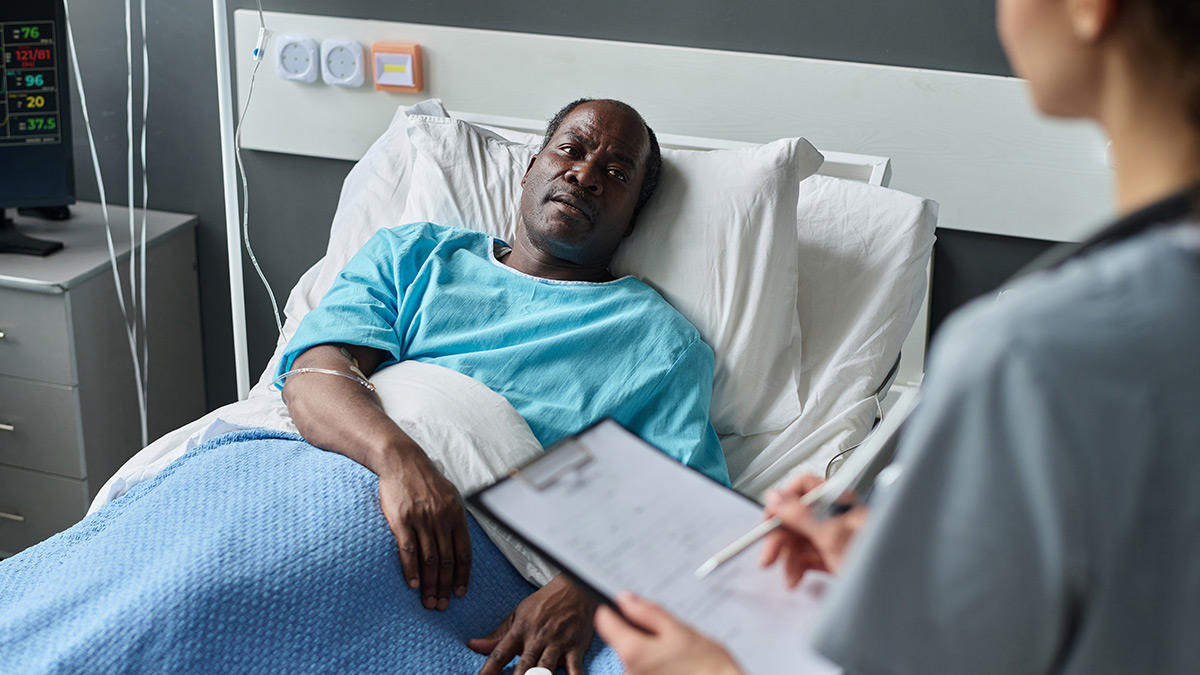Any surgical procedure carries the risk of causing the patient to suffer an infection at and around the surgery site. It is important for the doctor who prescribes the surgery to warn the patient about all potential complications, including an infection.
What some doctors might fail to disclose is that an infection is not something that always happens right away after surgery. There are some situations in which a surgical site infection (SSI) can develop weeks or months after the patient has been sent home from the hospital. Depending on what causes the infection and what body parts are affected, an infection can start to form after a procedure.
Causes of Delayed Surgical Site Infections
Several factors can contribute to the development of a surgical site infection weeks or months after the initial procedure:
- Improper sterilization of surgical instruments: If surgical tools are not properly cleaned and sterilized, they can introduce bacteria into the surgical site, leading to an infection that may not manifest until later.
- Contamination during the procedure: Even with proper sterilization, there is a risk of contamination during the surgery itself, which can lead to a delayed infection.
- Compromised immune system: Patients with weakened immune systems due to underlying conditions or treatments may be more susceptible to developing infections, even after the initial healing process.
- Foreign objects left in the body: In rare cases, surgical instruments or materials accidentally left inside the body can cause infections to develop long after the surgery.
Signs and Symptoms of Delayed Infections
It’s essential to be aware of the potential signs and symptoms of a delayed surgical site infection, which may include:
- Increasing pain or tenderness at the surgical site
- Redness, swelling, or warmth around the incision
- Fever or chills
- Drainage or pus from the incision site
- General feelings of illness or fatigue
If you experience any of these symptoms, it’s crucial to seek medical attention promptly to prevent the infection from worsening and potentially leading to life-threatening complications.
Different Types of Infections & Treatments
The severity of a surgical site infection will depend partly on its location. Some infections can be painless and only need antibiotics to alleviate. Others can be dangerous, causing sepsis and death. Others may require additional surgery to correct. When a patient needs subsequent hospitalization or suffers a debilitation due to their infection, it may be the result of medical malpractice.
A few different types of surgical site infections are:
- Skin: Most skin infections are not dangerous and can be identified by redness or swelling around the surgical site. Some can cause pain when moving the affected body part. A doctor may need to reopen the incision to drain pus and blood to prevent the infection from worsening.
- Muscle: When an infection goes deeper than the skin, it can spread to the muscles and tendons around the incision. While skin infections can be difficult to avoid and are often caused by inadequate in-home aftercare, muscle infections generally indicate a surgeon’s failure to properly disinfect surgical tools and the infection site. A second incision to drain the wound might be necessary to treat it.
- Organ: During some surgical procedures, the surgeon must move an organ out of the way to complete the procedure. Careless manipulation of an organ can cause it to become infected with bacteria. Organ infections are often dangerous and may take weeks to become noticeable.
- Bone: An infection that begins in or on bone tissue can be highly dangerous, yet it might take the longest to start showing outward signs. Sometimes a bone can be nicked during surgery and only cause minimal discomfort to the patient afterward. Yet weeks or months later, the bone infection can worsen to the point that it causes pain and debilitation.
Patients should be encouraged to visit an urgent care facility if their surgical site becomes painful. The same is true if a patient has a fever of 100.3 degrees Fahrenheit that lasts for more than a day or an incision discharge that is murky, bloody, or offensively odorous.
Prevention and Follow-up Care
To minimize the risk of developing a delayed surgical site infection, it’s essential to follow all post-operative instructions provided by your healthcare team. This may include:
- Keeping the surgical site clean and dry
- Changing dressings as directed
- Taking prescribed antibiotics as directed
- Attending all follow-up appointments for wound monitoring
It’s also crucial to maintain a healthy lifestyle and manage any underlying conditions that could compromise your immune system and increase your risk of infection.
How long after surgery can you get an infection?
An infection can develop weeks or even months after a surgical procedure, depending on the location and cause of the infection.
Can you get sepsis a month after surgery?
Yes, it is possible to develop sepsis (a life-threatening condition caused by the body’s response to an infection) weeks or months after surgery if an infection goes untreated.
How long does it take for a surgical site infection to occur?
The timeline can vary. Some infections occur immediately after the procedure, while others may take weeks or months to manifest.
What is the most common surgical site infection?
Skin infections around the surgical incision site are the most common type.
How do I know if I have an internal infection after surgery?
Signs include fever, increasing pain or tenderness at the surgical site, redness, swelling, drainage from the incision, and general illness.
Can a wound get infected after a month?
Yes, surgical wounds can become infected even after a month has passed.
What are the signs of sepsis?
Common signs include high fever, chills, rapid breathing, rapid heart rate, confusion or disorientation, and extreme pain or illness.
How long before an infection turns to sepsis?
The timeline varies depending on the infection type, severity, and the patient’s overall health. Prompt medical attention is crucial if signs of infection are present.
Can an old incision get infected?
Yes, even old surgical incisions can become infected, especially if proper wound care is not followed or if there is an underlying issue.
What percentage of surgeries get infected?
According to the Agency for Healthcare Research and Quality, surgical site infections occur in 2% to 4% of all patients undergoing inpatient surgical procedures.
Surgical Site Infection Claims
Did a doctor’s mistakes cause you to suffer a surgical site infection? Proving the connection between a surgeon’s errors and that infection can be difficult and often requires an in-depth understanding of medical records and procedures.
Injured patients in Orlando, Florida can count on Attorney Todd Miner and our team at Todd Miner Law®️ for legal representation and guidance. We focus on cases of severe infections that cause extended pain and suffering, life-threatening symptoms, or a patient’s death. Call 407-955-5640 to see if we can work on your claim, too.








